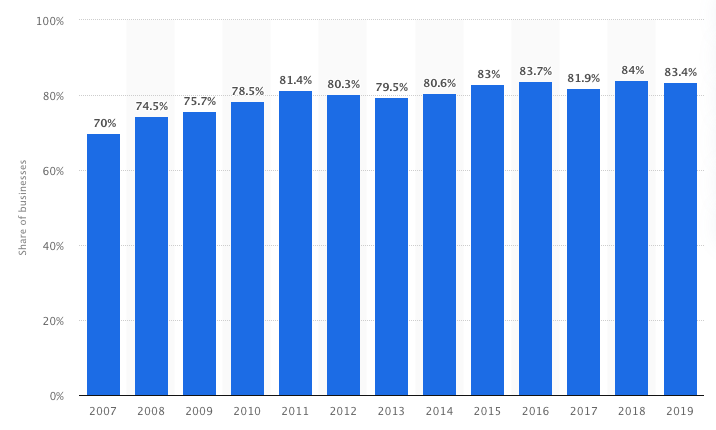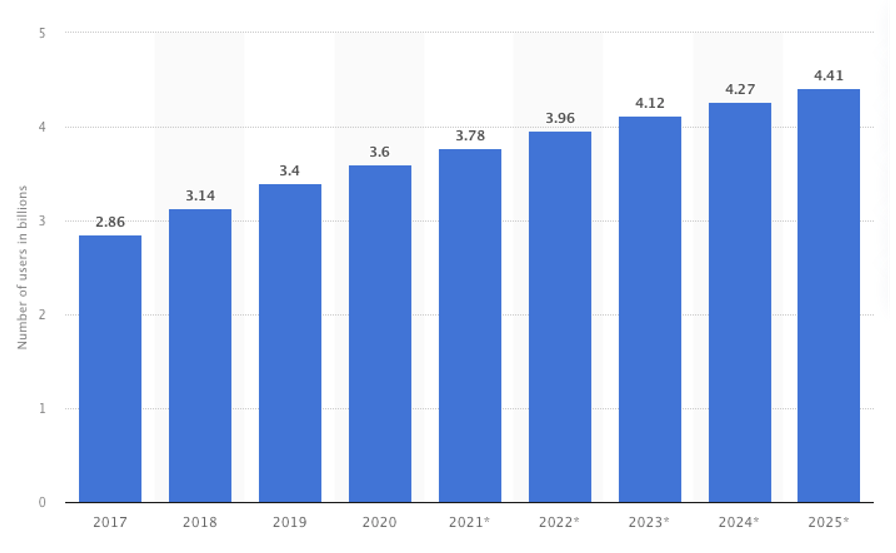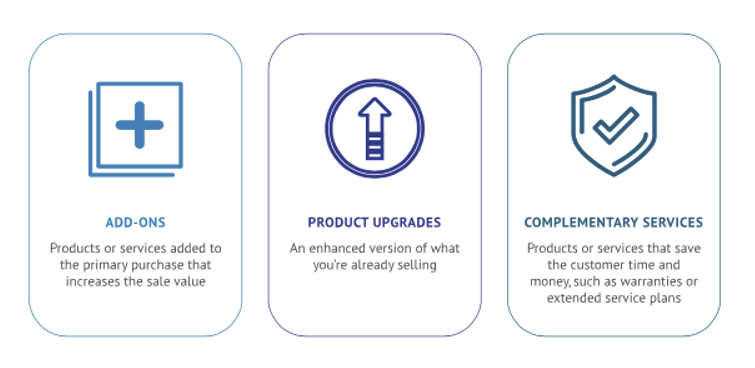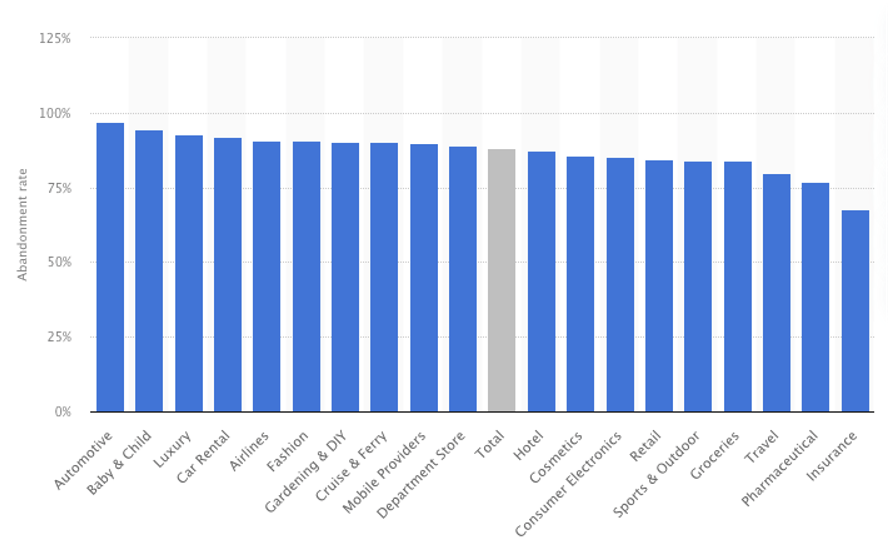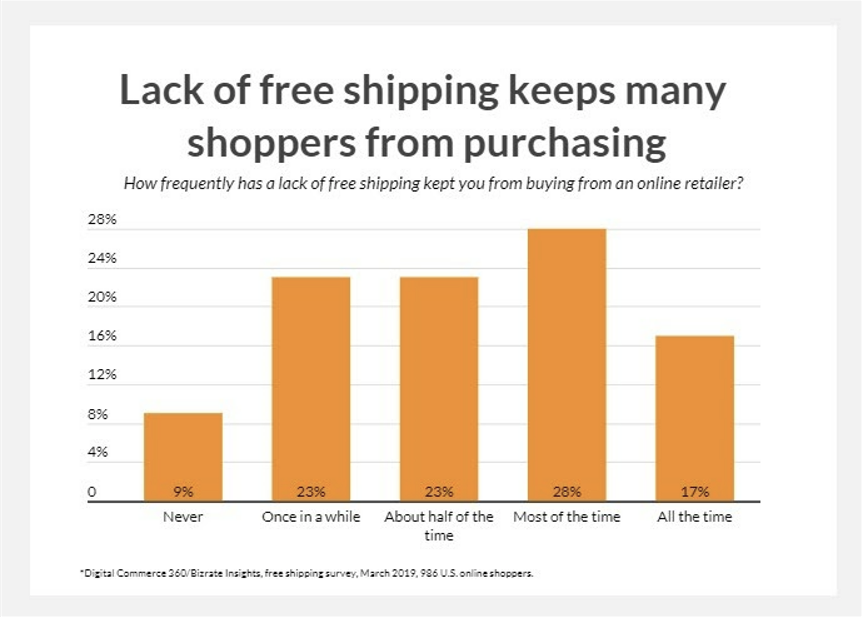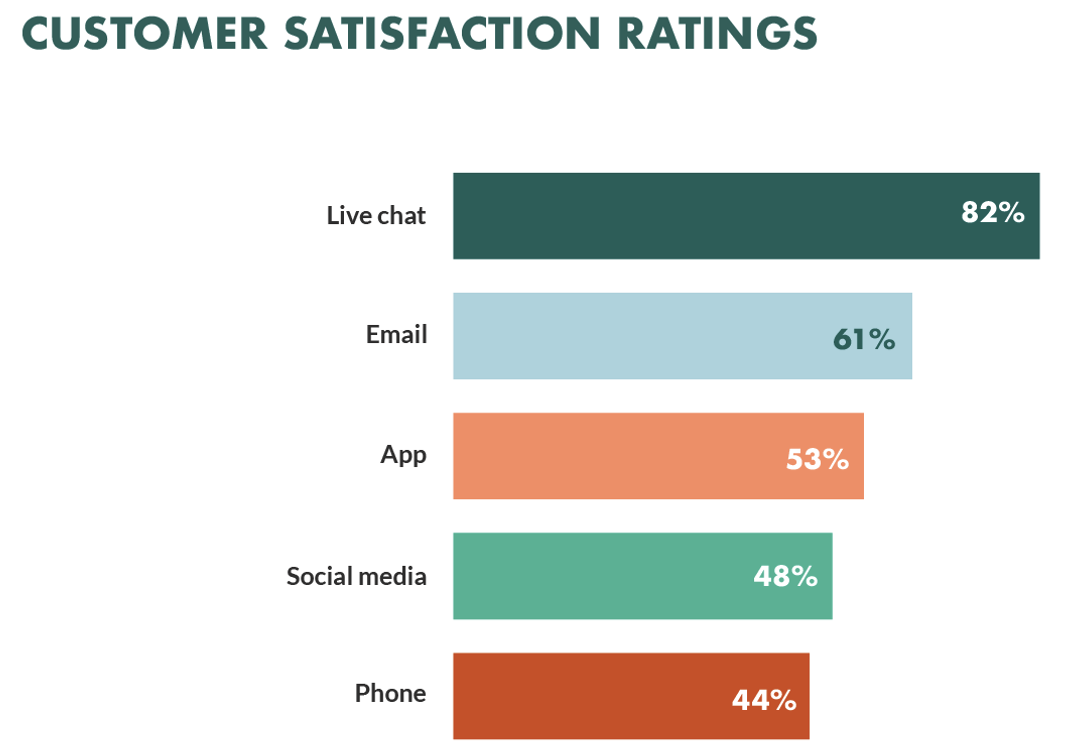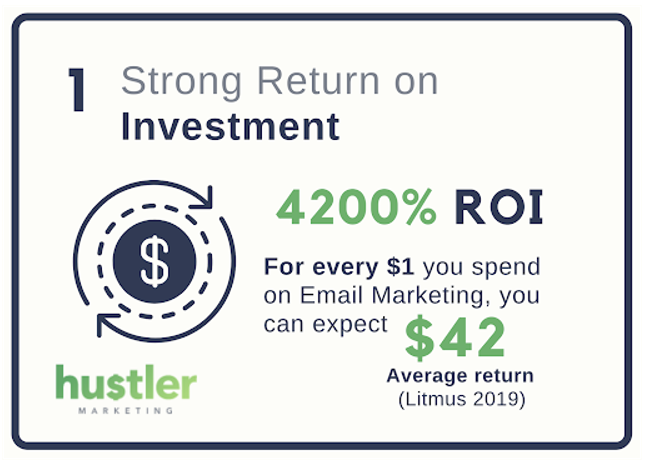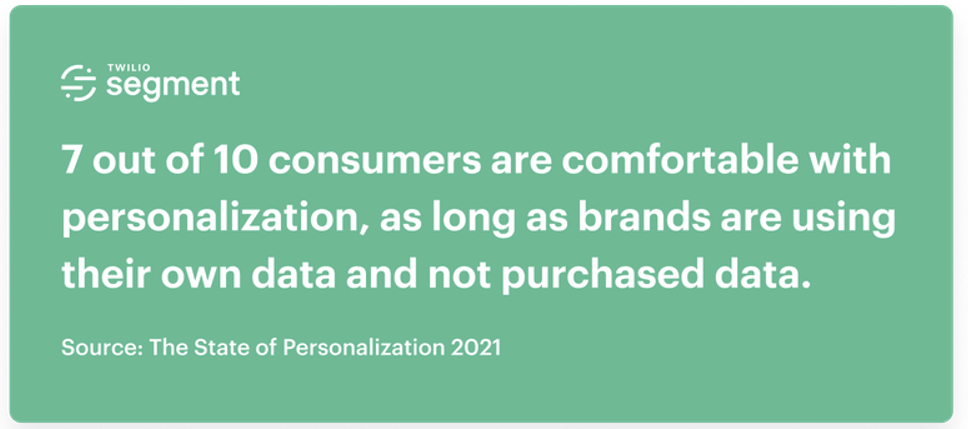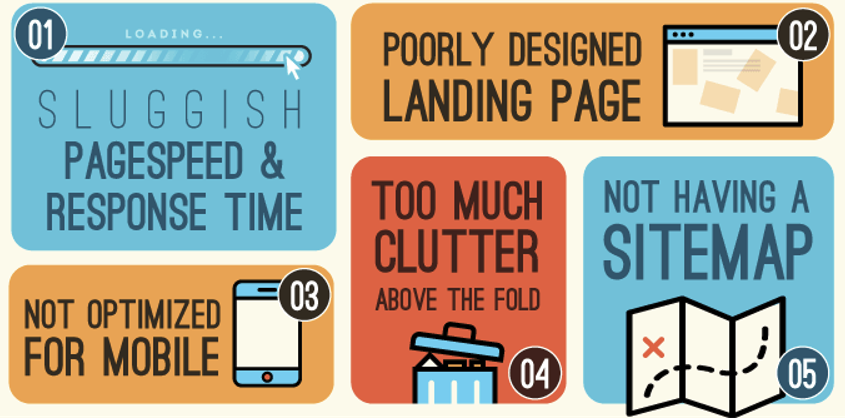However, it’s not enough for an ecommerce business to simply have an ecommerce website. It must be accompanied by a broader set of ecommerce marketing strategies in order to be successful. This article will explore the concept of ecommerce marketing in greater detail and offer some marketing tips, as well as the best ways to put them into practice.
What Is Ecommerce Marketing?
In simple terms, ecommerce marketing is about raising awareness of your business, and in doing so raising your ecommerce conversion rate. It also works to retain those customers after an initial purchase, encouraging more purchases from that customer going forward. The “e” in ecommerce refers to the electronic component since so much modern business is performed online.
How Does Ecommerce Marketing Work?
Today’s online retailers can take many different steps to raise awareness and encourage sales. Some ways of doing this — such as content marketing and social media accounts — are commonplace and well-known. Others — like A/B testing and SEO plugins — are less so.
Anyone running an online retail store considers a few different tactics at once to maximize their chances of success. Keeping abreast of new and emerging technologies is an excellent way to do so, and a partnership marketing platform can help you track the outcome of your efforts.
Ecommerce retailers should also consider marketing moves beyond a business’ website. While most of these examine a website’s functionality, some take place off it — but are no less useful.
What Is the Importance of Ecommerce Marketing?
Ecommerce marketing is important because — whether it’s digital marketing or offline marketing — businesses need to market themselves. All businesses need to let potential customers know they exist and offer something useful to them. There are numerous marketing proposal example available online from which to draw inspiration from.»
Today’s online shoppers have plenty of resources at their fingertips. They can compare dozens of websites and products simultaneously, consulting customer reviews for honest appraisals of what you have to offer. A number of other factors (like a lack of personalization) can also affect the online shopping experience in subtle ways. In extreme cases, this can deter engagement with your business altogether.
As such, it’s important for businesses to stand out from the crowd. Ecommerce marketing strategies make this possible, whether by highlighting key selling points or just reducing friction during the shopping experience itself.
What Is an Ecommerce Marketing Strategy?
While “strategy” can refer to individual steps towards raising brand awareness, it also refers to our broader plan for a business’s marketing tactics. This can seem daunting, but breaking an ecommerce marketing strategy down into small steps is often helpful.
Good marketers start with the customers themselves — the ones they have or the ones they want to attract. If you already have some data on customer actions, try to find out how many new buyers you’re getting. You should also learn how frequently people buy things from you and how much they spend, as well as other characteristics like gender, age, and location.
Another vital consideration is why people are buying from you in the first place. People make purchases based on some kind of desire, which the product or service will (presumably) solve. Don’t be afraid to ask customers directly about their buying choices — how they use your products, and the problems they’re trying to solve with them.
Finally, it’s worth trying to learn which platforms (such as Twitter or Instagram) your target audience uses. An impeccable marketing campaign is useless if your target audience never sees it, or isn’t exposed to it as much as possible.
By learning more about your customers in this way, you’ll be able to gain a deeper understanding of them. You may, in turn, be able to put them in different groups based on common behaviors. Some people may buy your products spontaneously. Others may buy after some time has elapsed. Some people buy with emotion, others follow careful research, and so on.
While everyone is different, identifying broad behaviors like this can help you create different marketing campaigns for different groups. This ensures that your wider marketing efforts are more fruitful.
15 Ecommerce Marketing Strategies to Increase Sales
Below, we’ve highlighted some of the best ecommerce marketing strategies for today’s ecommerce sites. When deployed properly, they can dramatically increase your chances of gaining exposure and making those online sales.
It’s important to see ecommerce marketing tactics as dynamic and interconnected. Our success in one area may depend on success in another. If we push people to a site via social media, for example, we need to make sure that the site is doing everything it’s designed to. You might want to consider services like Affise Reach when attempting to drive website traffic.
1. Social Media Advertising
Advertising on social media is a solid starting point for any marketer. The most obvious benefit is sheer numbers: as of 2021, 3.78 billion people are on social media. That number is projected to climb to 4.41 billion by 2025.












